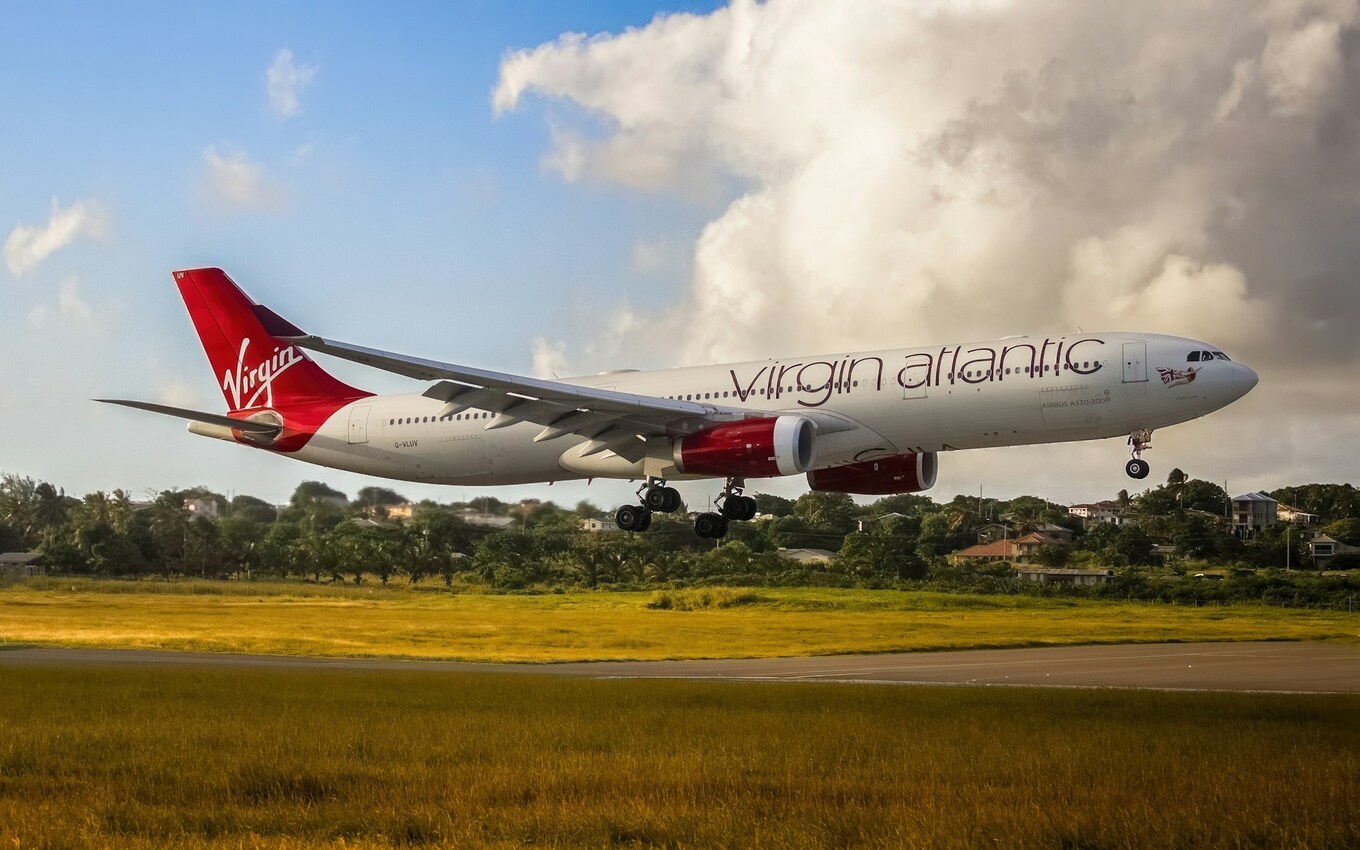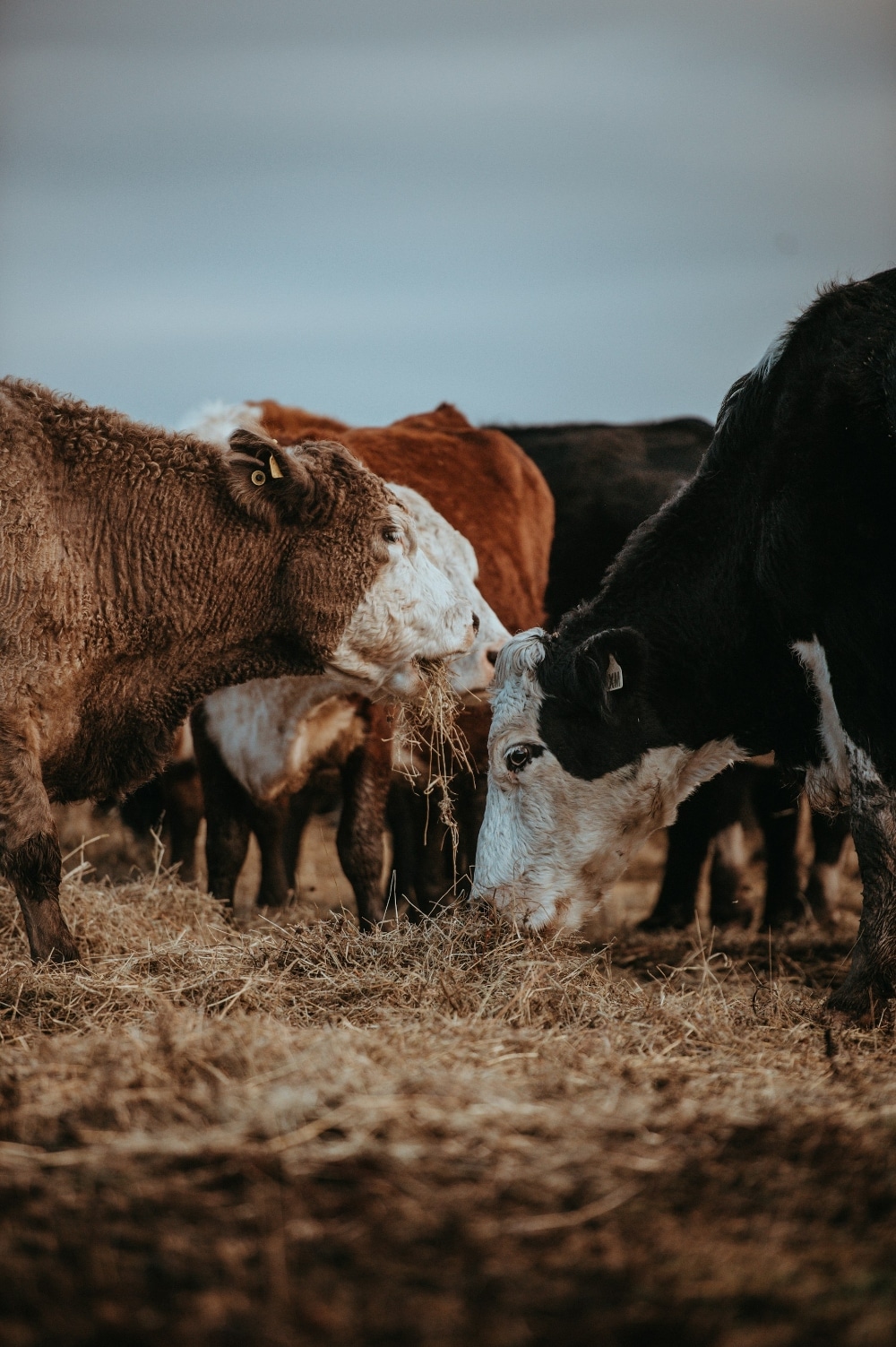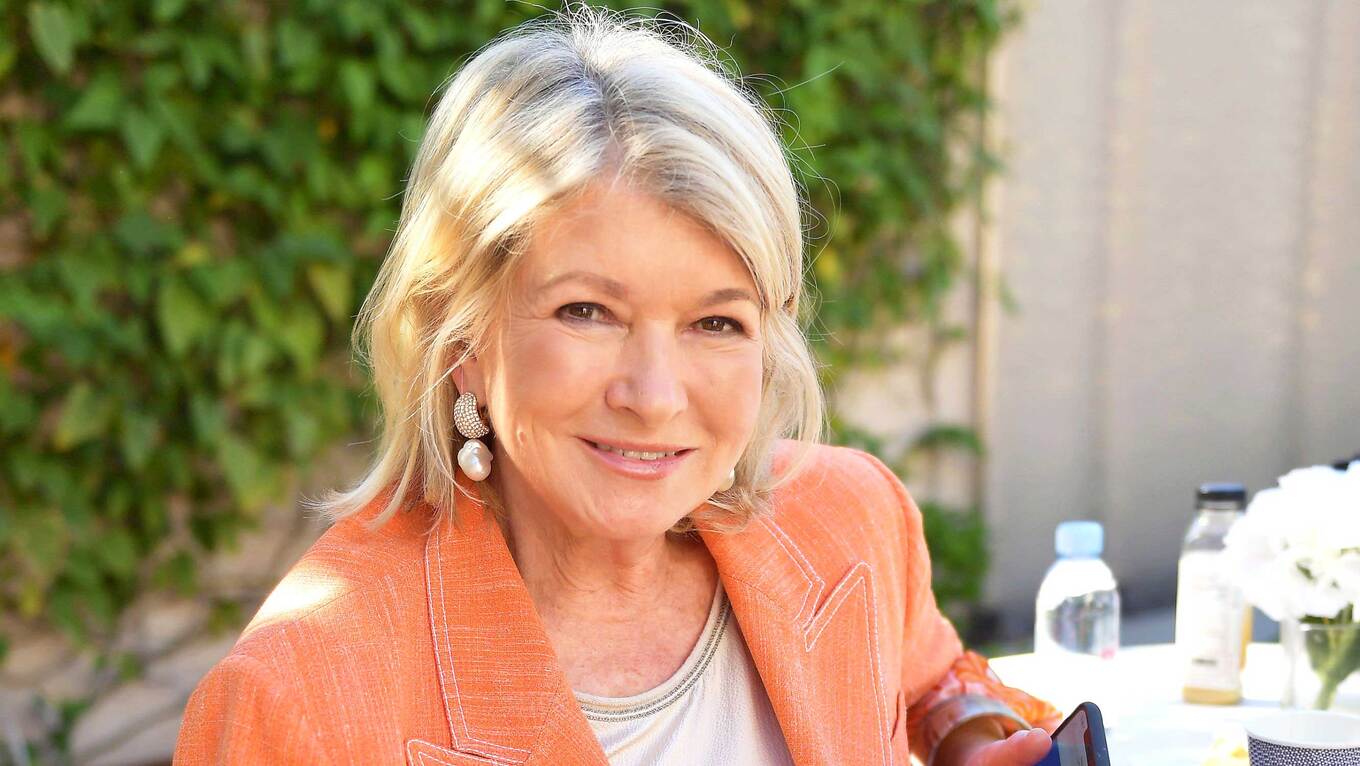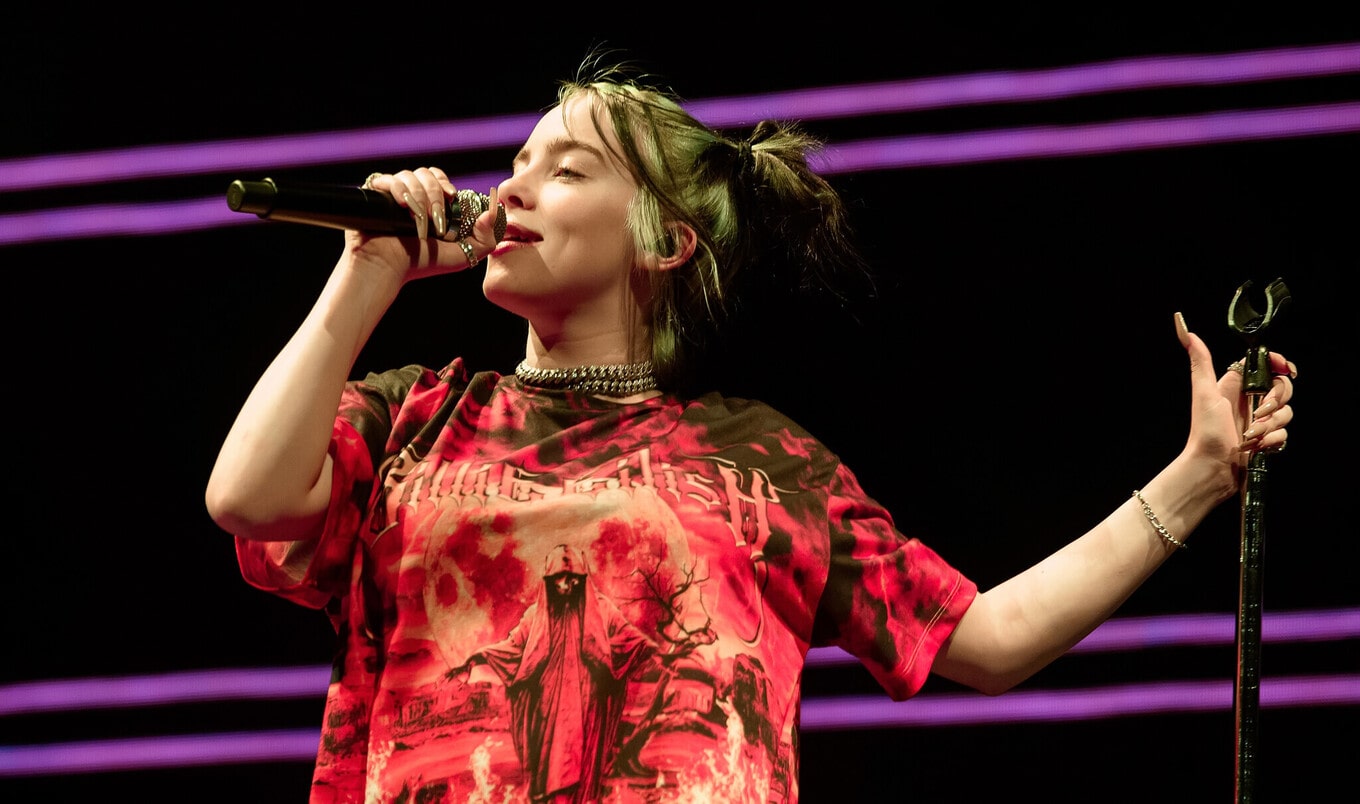In 2020, Jeff Bezos pledged $10 billion to tackle the climate crisis. The founder of Amazon described the fund as a means to “explore new ways to fight the devastating impact of climate change.” Devastating is indeed the right word. In 2023, floods claimed over 4,300 lives in Libya, and a cyclone in Southeast Africa displaced 500,000 people. Intense, extreme heatwaves swept across many countries, igniting deadly wildfires in places like Chile. As extreme weather patterns worsen globally, the need for substantial intervention is undeniable. But are billionaires like Bezos really the right people to lead the charge against climate change?
Table of Contents
The billionaires hoping to save the world
Bezos isn’t alone. Last year, Virgin Atlantic founder Richard Branson announced a new initiative called Planetary Guardians. The coalition with 14 world leaders, as well as actors and activists like Jane Goodall, aims to take a “whole planet” approach to protecting the Earth.
“The idea is that we will measure the nine principal planetary boundaries every year,” said Branson. “How many are the rainforests? Exactly where are we with climate change? Where are we with species disappearing in the world? And we can try to make sure we can push the world into trying to address them.”
The billionaire founder of Microsoft Bill Gates is also passionate about the planet. In 2021, he released a book called How to Avoid a Climate Disaster: The Solutions We Have and the Breakthroughs We Need, and he consistently explores those solutions on his blog, GatesNotes. He is also the founder of Breakthrough Energy, an umbrella organization for several initiatives focused on the transition to sustainable energy.
Kuhlmann /MSC/Wikimedia
“I’m lucky that my work gives me insight into all the ways the world is getting better,” Gates wrote on GatesNotes earlier this year. “The challenges we face feel a lot less daunting when you understand what exactly it will take to tackle them.” But Gates doesn’t just have understanding, he also has resources and a heck of a lot of money at his disposal. Together with Bezos and Branson, he is one of the richest men on the planet.
For most of us, the sheer amount of wealth that billionaires have is incomprehensible. But to offer some sort of perspective, if you stacked $100 bills on top of each other, by the time you hit $1 billion, the pile would be almost as tall as the Burj Khalifa, the world’s biggest structure.
All of that money equals an immense amount of power, which is why some have compared billionaires to unelected politicians. And when you consider what they can do for the planet with all of that income, it is, in many cases, more than real politicians. Without all the red tape that often binds elected officials, they can move faster, for one. And in some cases, they have more money than entire countries. With a net worth of roughly $131 billion, Gates has more money than the GDP of Sri Lanka, which stands at just over $74 billion. Sri Lanka also happens to be one of the most at-risk countries from the climate crisis.
According to the United Nations, “the pace of climate change outstrips Sri Lanka’s readiness to respond to its effects, which are already severely affecting the country’s poorer regions.”
The money that billionaires are pouring into tackling climate crisis solutions could help mitigate the devastating impacts of climate change for vulnerable people all over the world. But, it’s important to note, making a lot of money on computers, planes, or e-commerce does not make you an expert in climate solutions.
Are billionaires really the right people for the job?
Elon Musk is another billionaire who seems to have turned his attention to climate crisis mitigation. In 2021, the Tesla founder and new owner of X announced a $100 million prize for carbon capture companies. But some experts believe that carbon capture is not an effective solution for reducing greenhouse gas emissions.
In 2022, researchers for the Institute for Energy Economics and Financial Analysis (IEEFA), for example, suggested that underperforming carbon capture projects actually outnumber successful ones by a significant amount. Carbon capture is also favored by many governments, but Bruce Robertson, the author of the IEEFA report, believes it’s a waste of money.
“Although [there is] some indication it might have a role to play in hard-to-abate sectors such as cement, fertilizers, and steel, overall results indicate a financial, technical, and emissions-reduction framework that continues to overstate and underperform,” Robertson said, per the Guardian.
“As a solution to tackling catastrophic rising emissions in its current framework, [carbon capture and storage] is not a climate solution.”—Bruce Robertson, author of the IEEFA report
Billionaires can throw money at climate crisis action, but the bottom line is, it only means something if that money is funneled into the right places. And of course, we can’t ignore the elephant in the room, billionaires are doing as much to create the climate crisis as they are to mitigate it.
 Unsplash
Unsplash
Billionaires helped create the climate crisis
While Branson seems passionate about tackling the climate crisis, he’s also passionate about sustaining his billionaire lifestyle, which involves taking trips to outer space. He told NBC News that he has already been once, and has future trips booked for milestone birthdays. Research suggests that one rocket launch emits 116 tons of carbon dioxide into the atmosphere in the first 165 seconds.
But of course, the impact of Branson’s space exploration hobby pales in comparison to that of his life’s work, the Virgin Atlantic empire. The aviation company is working with sustainable jet fuel to reduce its emissions, and in 2023, it operated the first net zero transatlantic flight. But that was just one flight, and the technology isn’t ready to start fueling the thousands of other planes that Virgin Atlantic flies every year.
And the jury is still out on whether Sustainable Aviation Fuel is really that sustainable anyway. “For fuels derived from biomass, the land is not available to produce crops for biofuels in sufficient quantities to power aviation without causing hugely damaging deforestation, which increases emissions and makes biofuels just as bad for the climate as kerosene, if not worse,” climate charity Possible told the Guardian last year.
Bezos’ Amazon is also responsible for producing more carbon emissions than the entire population of Switzerland, climate platform The Eco Experts concluded last year. Microsoft is hardly a climate hero, either, and reports state that Gates is fond of many environmentally damaging habits (ahem, private jets and imported beaches).
Strength in community action, not billionaire’s pockets
It’s also important to note that the majority of billionaires are not even trying to make a difference. “A few good billionaires among the saboteurs don’t justify the existence of the species,” says journalist Rebecca Solnit for The Guardian.
Take the meat industry, for example. Wesley and Joesley Batista are the billionaire brothers at the helm of JBS, the beef giant linked not only with the destruction of the Amazon rainforest but also with emitting more than 71 million tons of greenhouse gas emissions in 2021.
“In food and agriculture billionaires have dominated old-school companies for decades,” Chloe Sorvino, the author of Raw Deal: Hidden Corruption, Corporate Greed, and the Fight for the Future of Meat, recently told VegNews. “There’s even new interest. Fox News billionaire Rupert Murdoch has been playing his own version of the hit TV show Yellowstone by investing a massive amount of money, more than $200 million, to ranch on land that’s hardly marginal.”
As Sorvino highlights, that $200 million would have been far more impactful if invested in land rehabilitation instead. But that wasn’t Murdoch’s goal.
Some billionaires, however, do seem to be focused on transforming the food system. Bezos, for example, pledged $60 million towards sustainable protein innovation earlier this year. A change to the food supply is essential as we barrel towards the climate crisis.
Right now, the way we eat is depleting the earth (see: JBS above), but if we move towards plants, experts believe we can make a big difference to our future. For example, in 2018, the biggest-ever food production analysis concluded that going vegan was the single biggest thing a person could do to reduce their impact on the planet.
 Unsplash
Unsplash
But saving the planet won’t come from individual action—not from the average Joe and not from the Bezos’ of the world either. Saving the planet will likely ultimately be the result of community action.
“I am not betting on billionaires coming to the rescue,” continues Sorvino, who champions a need for community-oriented solutions, rather than individuals with money and power wielding it wherever they see fit (which is sometimes for the better and a lot of times for the worse). “My book focuses on the solutions that can exist without billionaire funders, and how a patchwork of these solutions, layered on top of each other, can strengthen our food supply,” she adds.
The United Nations agrees. “How we live and work together in communities and cities can have a huge impact in tackling climate change,” notes the United Nations Framework Convention on Climate Change. “Thinking and acting at a local level helps communities fight climate change and build resilience to climate impacts. For instance, producing goods and food locally can lower the cost of transportation, reduce waste, and help local economies.”







